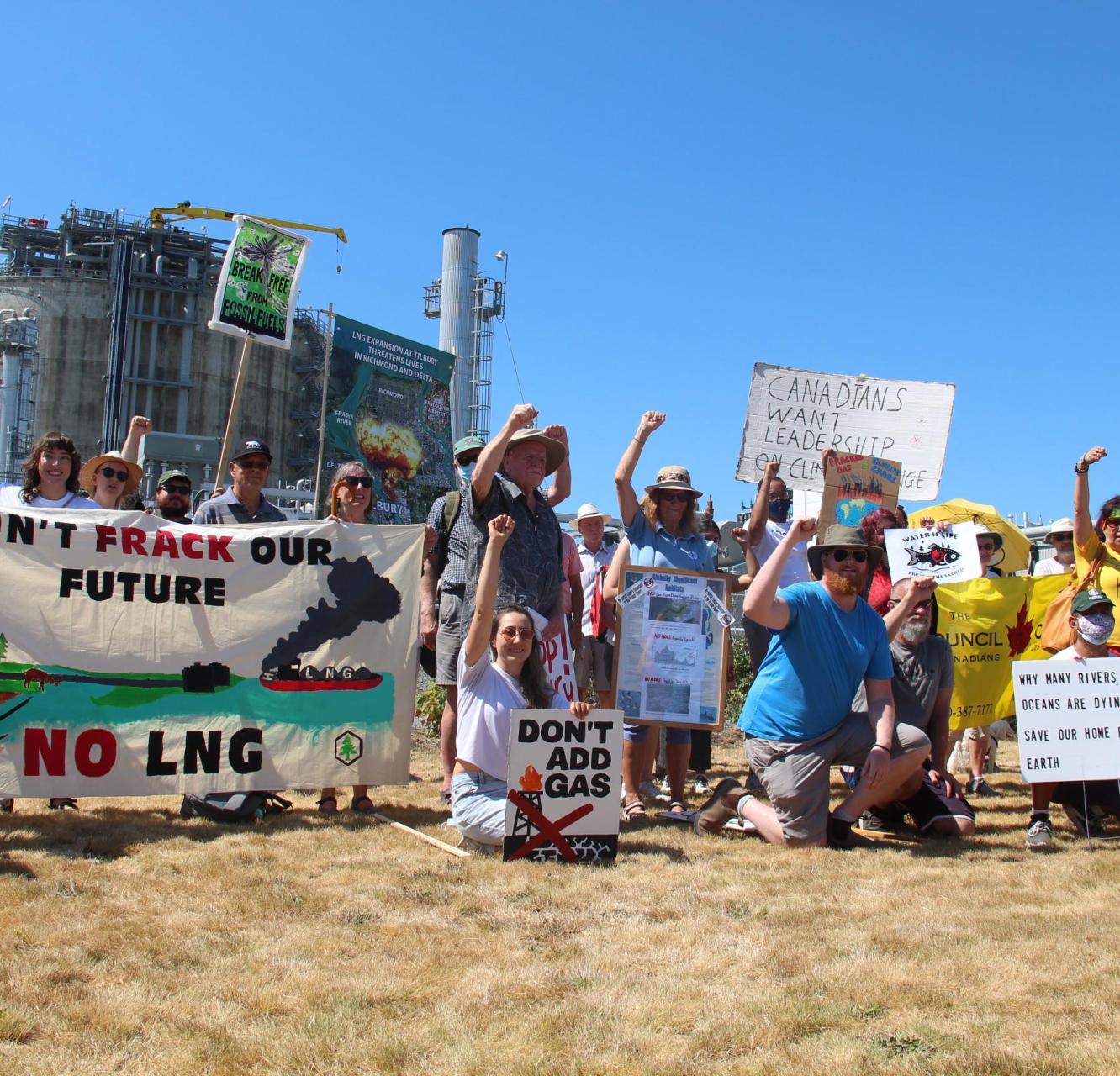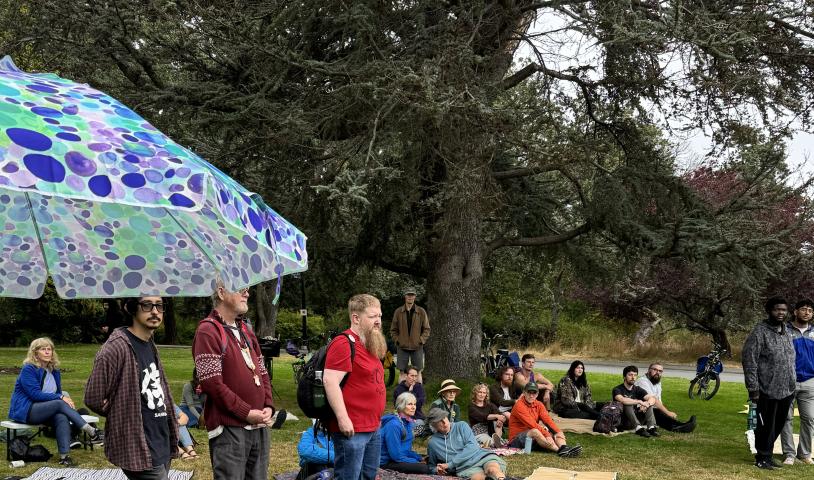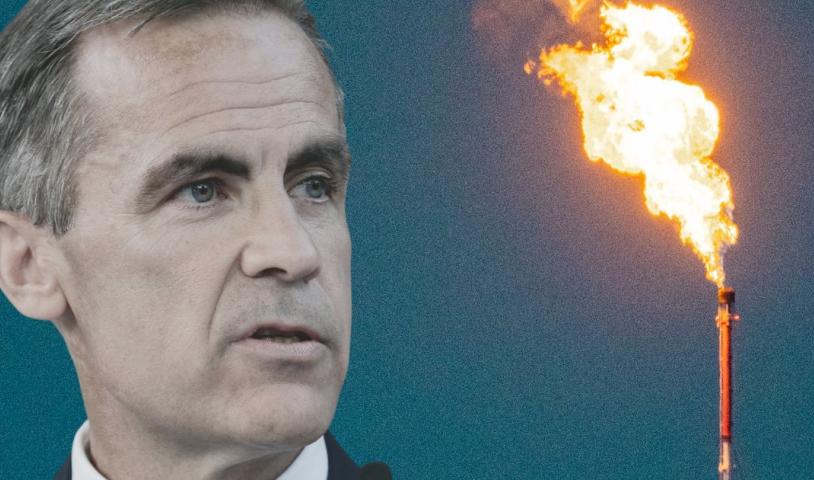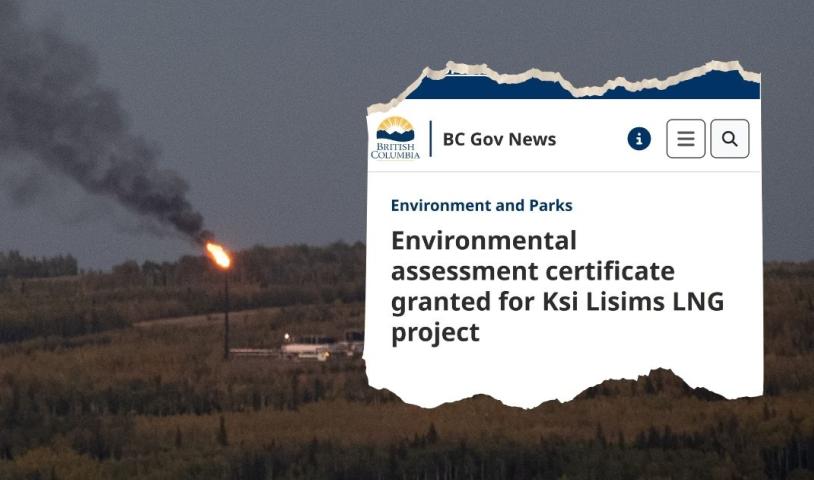Modernizing BC’s Oil and Gas Royalty Regime to Tackle Climate Change
Wednesday, February 9, 2022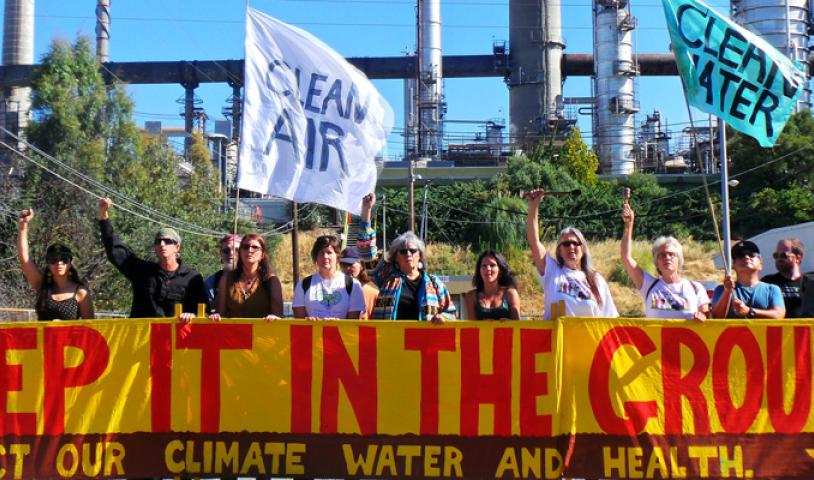
In 2021, BC got a full serving of extreme weather events due to global warming. It is clear that the BC government must speed up meaningful action to phase out domestic consumption and production of fossil fuels that are the principal cause of climate change.
The BC government’s current review of the royalty regime for oil and gas is an important opportunity to signal that the province is ready to take climate action seriously. Provincial resources and energy policy remain heavily tilted towards encouraging extraction and production, including subsidies to industry through cheap BC Hydro rates, negligible charges for water use and lax oversight from the Oil and Gas Commission.
BC’s royalty system promotes oil and gas production through low royalty rates and subsidies in the form of “royalty credits” for fracking and other production activities. The single largest royalty credit is the Deep Well Credit, essentially applied to fracking techniques that constitute 90 per cent of production. These credits almost wipe out any public revenue from the public resource that is extracted.
The government’s release of a ‘What We Heard’ report from the public consultation phase of the royalty review is a welcome step forward. There was widespread agreement that the royalty regime subsidizes production, fails to provide an adequate public returns and is contrary to BC’s climate and environmental goals.
BC’s royalty system promotes oil and gas production through low royalty rates and subsidies.
That may reflect what the government heard in the consultation, but the key question is to whom they will listen. Submissions from industry largely favoured token reforms while seeking to maintain current fossil fuel subsidies.
The danger is that the BC government becomes overly concerned about appeasing the oil and gas industry and rejects changes that would affect their “competitiveness” vis-a-vis other jurisdictions. It may even seek to align BC’s regime with Alberta, in a way that would make it easier to boost production of fossil fuels.
Today’s imperative is to quickly wind down oil and gas production. The royalty review must break with the idea that more investment in the oil and gas industry is desirable and instead support a managed wind down of the industry, including a just transition for workers and returns to the public and local First Nations.
The government need not worry about the “competitiveness” of an industry whose product is causing incredible damage in BC and around the world. Since BC is a higher-cost jurisdiction located far from major markets, a calculus that emphasizes costs of production in relation to other jurisdictions only leads to policies that sacrifice public royalty revenues in order to attract investment and a few jobs.
Already BC’s dogged pursuit of LNG takes us in the opposite direction, doubling down on oil and gas development. The LNG Canada Phase One terminal compromises BC’s climate plan and will become the province’s largest point-source emitter on the day it opens in 2025.
LNG Canada also inhibits BC’s ability to meet its sectoral target for oil and gas, a 33- to 38-per-cent reduction in greenhouse gas emissions by 2030. And it will be virtually impossible for BC to meet even its existing (and insufficient) 2040 and 2050 targets.
The royalty review must break with the idea that more investment in the oil and gas industry is desirable.
The climate emergency means the BC government must quickly and boldly reform the royalty regime.
First, royalty rates must be increased to reflect the climate, environmental and social impacts of this industry. Higher royalties are justified because of environmental and social costs of extraction, processing and transportation. Embedding a carbon fee at the wellhead to at minimum reflect the current BC carbon price would apply carbon pricing to exported oil and gas.
Second, subsidies should be eliminated and previously issued credits restricted. Outstanding credits should be restricted by placing a cap on how much can be claimed annually or by ensuring a minimum net royalty is paid per unit extracted.
Third, Indigenous jurisdiction must be respected and royalty revenues shared. Any new royalty system must be developed in full partnership with Indigenous peoples whose territories have been impacted and polluted by the extraction, transport and processing of gas.
Fourth, water use by the fracking industry must be on the table. The sector pollutes billions of litres of water a year and pays almost nothing for it. This review should introduce stricter regulations to prevent pollution and drastically raise royalty rates for water use.
Our proposed reforms would mark a dramatic shift from subsidizing oil and gas production that is harming the global climate and is unjust for Indigenous Peoples from whose land the oil and gas is extracted. By enacting them BC could become a global leader in harmonizing its royalty regime with the urgent need for climate action.
Check out the original article published by Policy Note.
